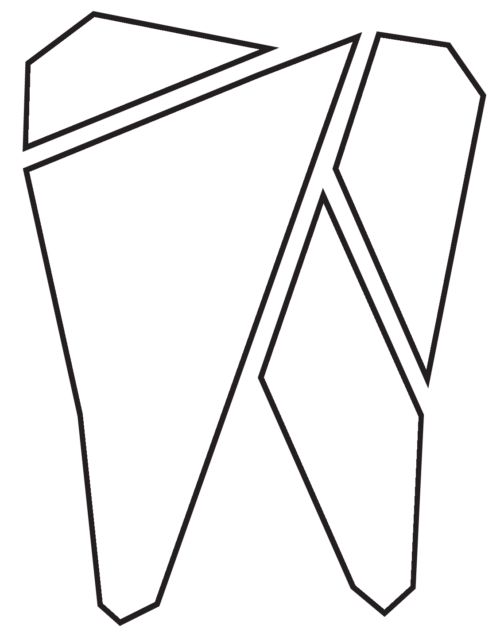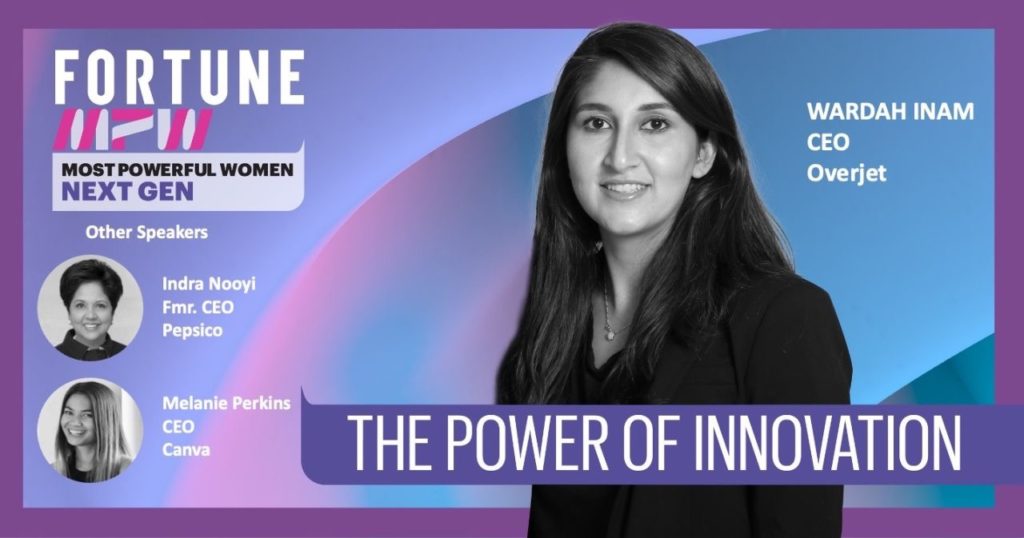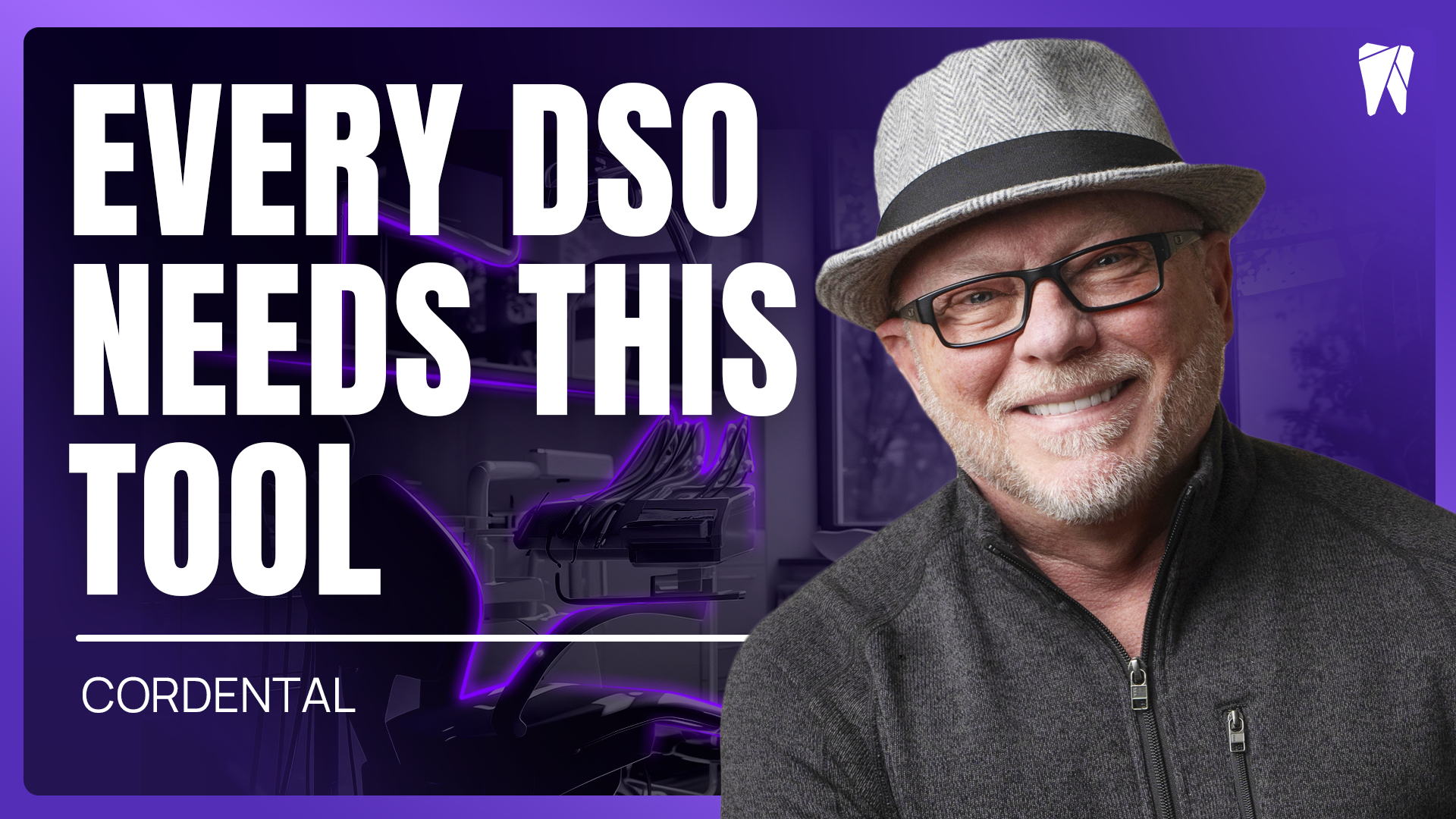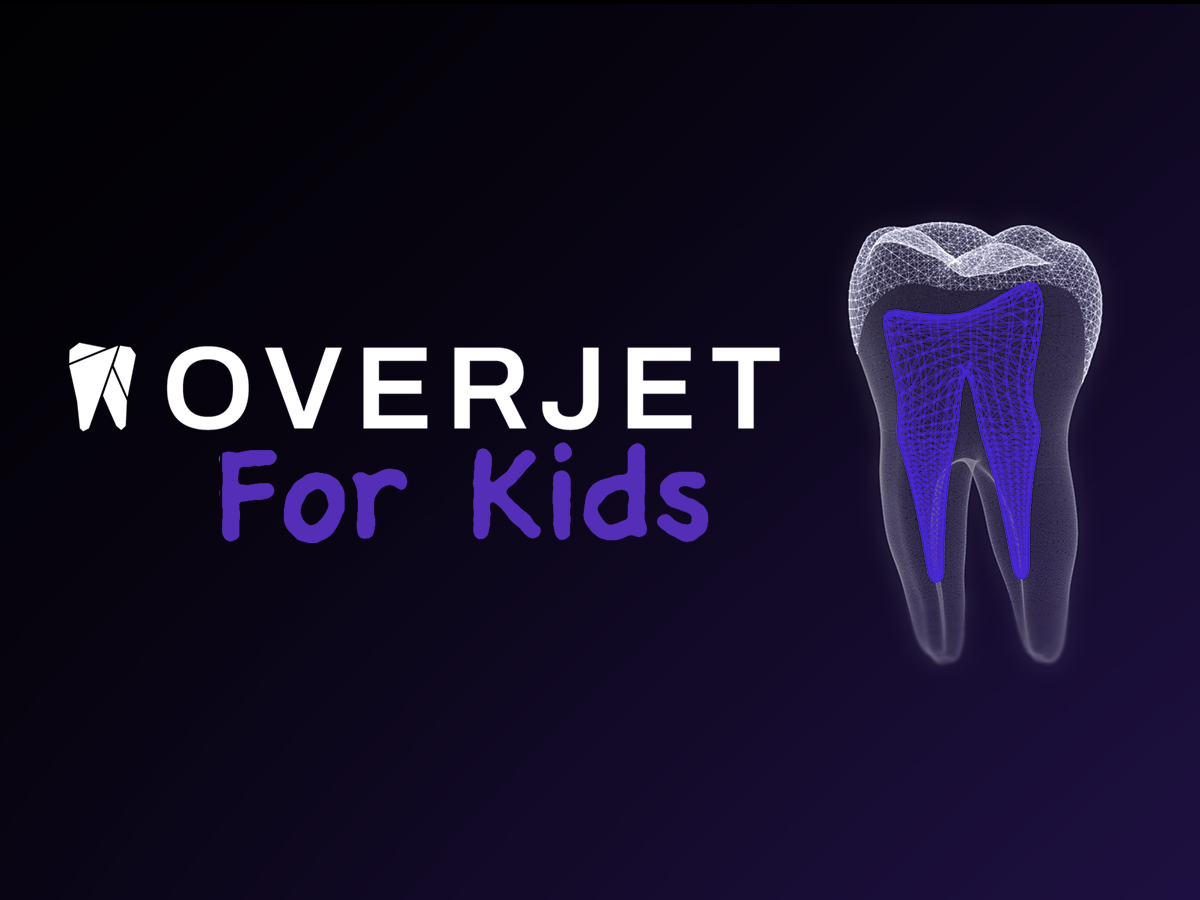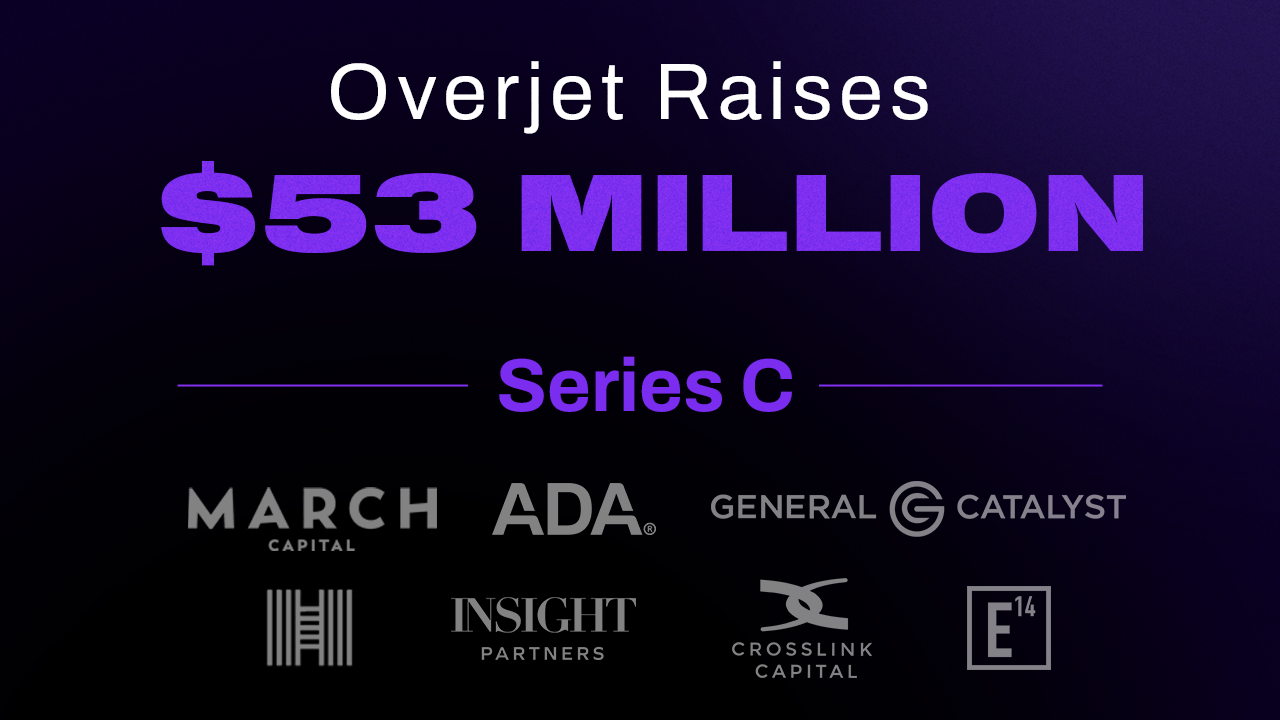Originally published on Fortune on June 24, 2021
Moonshot thinking isn’t limited to flashy products like driverless cars or Virgin Galactic. Sometimes it’s about automating a process during a global pandemic, developing communication methodologies to promote collaboration among employees, and building frameworks for childcare that enhance a parent’s productivity.
That was the topic of conversation in an innovation-focused breakout session for Fortune’s Most Powerful Women Next Gen virtual summit on Thursday. Moonshot thinking is the idea that complex problems can be solved with radical thinking and cutting-edge technology—essentially deciding to shoot for the moon, even if you’re not quite sure how you’ll get there. It’s long been an integral component of the entrepreneurial journey and directed the goals of larger organizations like Toyota. But last year it also came into play to solve challenges posed by a very big external force: the coronavirus pandemic.
“Even if they were not thinking about it, everybody sped up their processes in terms of trying to get more automation,” explained Wardah Inam, cofounder and chief executive officer of Overjet. “The use of technology and more technologies are getting adopted at companies now than it was prior to COVID.”
Inam runs A.I.-driven dental care company Overjet, which, she said, hit more milestones more quickly than expected thanks to the focus on automation in the past year. Her team had been working with dental insurance companies to automate data analysis—something previously done manually—and the pandemic accelerated the process. In fact, Overjet became the first dental A.I. company to be cleared by the FDA, allowing it to expand to dental practices to improve patient care as well.
At the same time, the pandemic pushed companies to take a hard look at their people, how they operate with employees, what is work/life balance, and how they source for talent. That, quite possibly, needed more moonshot thinking than automating data.
For Earnée Gilling, executive group manager of the Research and Development Center for Toyota Motor North America, moonshot thinking is synonymous with efficient communication. To execute successful moonshot thinking, she said, it’s all about having a common language. The company has coined Toyota Business Practice Thinking, a methodology to focus the conversation by identifying the problem and aligning on an ultimate goal.
“It helps everyone from the organization really understand what we’re trying to attack,” Gilling said. “Then you’re able to leverage all the power under your roof.”
She said that oftentimes, the people in the company hold the solutions to whatever the problem. During the pandemic, she was excited to see how Toyota sought to better understand its employees, physically and mentally. She said she saw an increase in working toward diversity, equity, and inclusion as well as general compassion to meet employees where they are. There was simply more “human touch,” she said. Ironic, since they were actually working remotely.
Rachel Carlson, cofounder and chief executive officer of Guild Education, an educational company that focuses on reskilling and upskilling America’s workers, echoed that sentiment. For her, it was better understanding how childcare plays a part. Many of her company’s students are working mothers who want to go to school, often needing flexible class times or meetings with professors later in the evening after children go to bed. Gaining a better grip on what it means to be an efficient working parent—namely, flexibility and space—through her work also allowed her to pose a solution to childcare for her own team. They launched their own day care in the office.
“We try to be innovative about all the benefits since we’re in the education space, and if there’s going to be a ton of learning that happens out of this…” Carlson said. “There is the phrase ‘mother of innovation.’ We need more mothers of innovation holding the microphone to say how this country and our communities need to better support childcare infrastructure.”
Nora Khaldi’s company Nuritas uses A.I. to identify molecules in nature that have pharmaceutical and nutritional benefits, but she said the pandemic forced her to think about how, and where, she identifies talent. Her team collaborates across specialties with biologists, chemists, and data scientists all working together, but she always sourced talent locally to her headquarters in Dublin. But working remotely didn’t change their collaboration, and she realized she could now look around the world for her team. As Nuritas is growing thanks to the launch of two products, an immunomodulator and a muscular regenerator, Khaldi has hired individuals in other countries that she’s never met, but she said she is very pleased with the value and perspectives they bring to the group.
For all four leaders, communication and talent are integral to successful moonshot thinking, and if they’ve learned anything new about the approach, it’s that it can be applied to new ways of communication and new sources of talent as well as to their traditional goal setting.
“We’re going back to this new future, so how do we want to intentionally design that to maximize what is natural and more diverse, and bring the inclusivity and equity habits we learned at different chapters of our business’s journey?” Inam said. “I’m bullish on technology and how the future will be created.”




